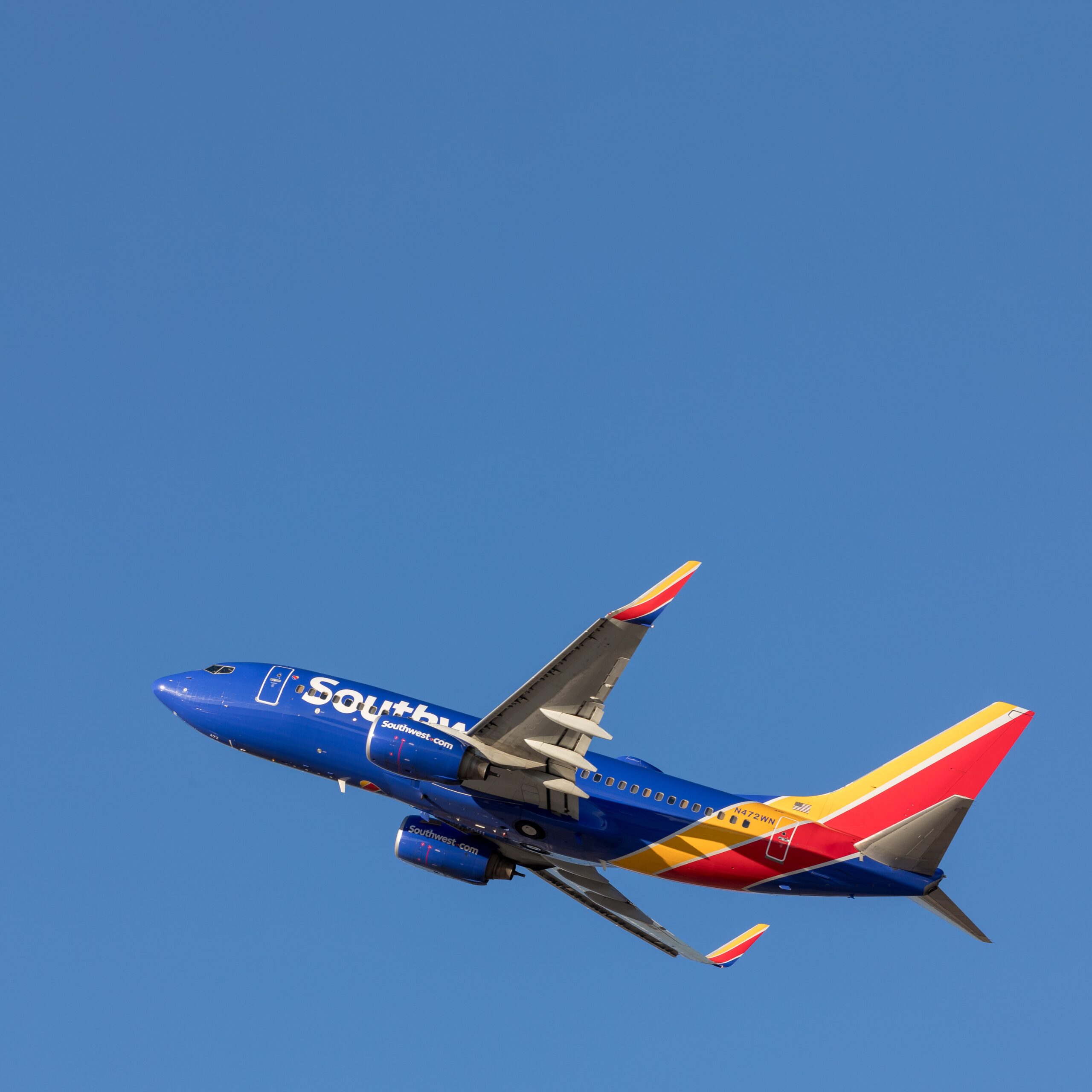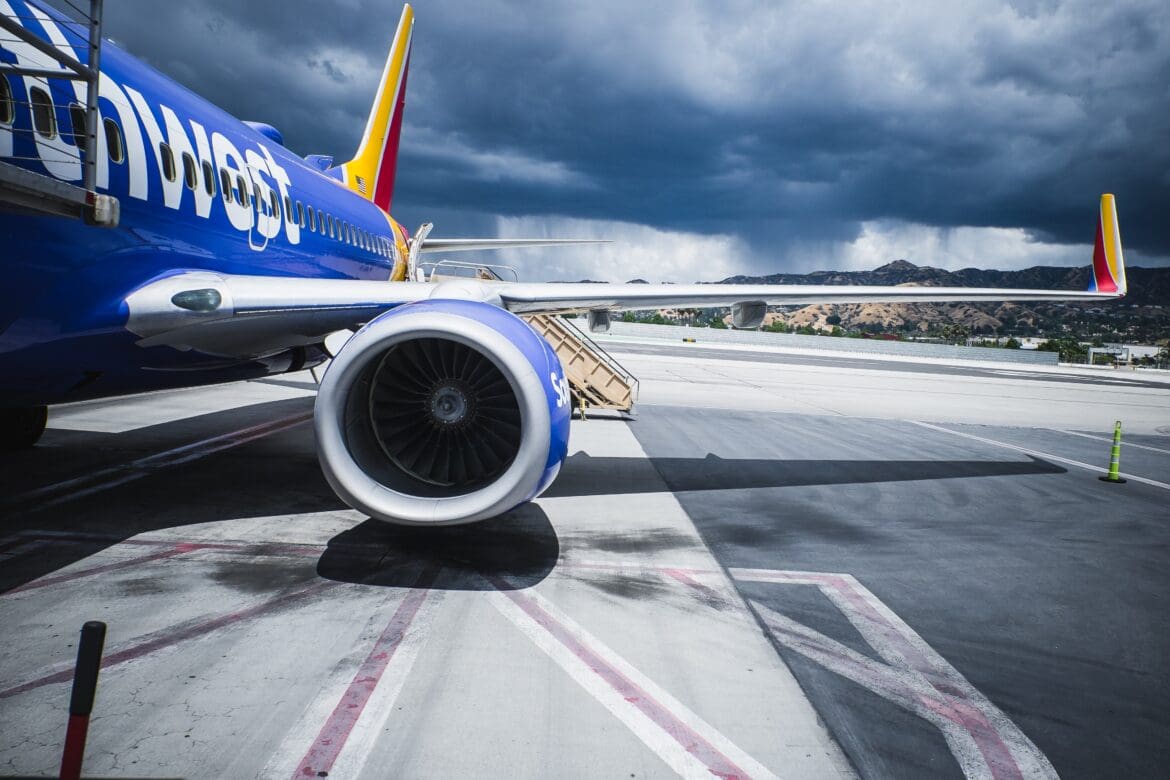Advertiser & Editorial Disclosure: The Bulkhead Seat earns an affiliate commission for anyone approved through the links below. This compensation may impact how and where links appear on this site. We work to provide the best publicly available offers to our readers. We frequently update them, but this site does not include all available offers. Opinions, reviews, analyses & recommendations are the author’s alone, and have not been reviewed, endorsed, or approved by any of these entities.
Southwest Airlines didn’t have much to be merry about during the holidays last year. The airline suffered a meltdown that canceled 16,900 flights and stranded over two million passengers around Christmas and New Year’s. The Department of Transportation (DOT) said at the time that Southwest would be held accountable and now we know just what that accountability looks like. Southwest faces a penalty of $140 million, which is 30x more than any prior penalty the DOT has doled out for consumer protection violations.
The majority of the $140 million penalty will go toward compensation for future Southwest passengers that have been impacted by delays and cancellations. This includes a $35 million cash fine and a three-year mandate that Southwest provide $90 million in travel vouchers of $75 or more to passengers delayed at least three hours in getting to their final destinations because of airline-caused issues. This is in addition to the $600 million that Southwest already had to pay out in refunds and reimbursements to passengers impacted last year.

The DOT found that Southwest violated the following consumer protection laws:
- Failure to provide adequate customer service assistance
- Failure to provide prompt flight status notifications
- Failure to provide refunds in a prompt and proper manner
Over the past year, Southwest has made significant upgrades to both its technology and customer service. Other investments include more deicing equipment across its network as well as additional staffing and software that uses artificial intelligence to predict network issues. As a result of these investments, the carrier has seen significant operational improvements in 2023.
Pete Buttigieg, US Transportation Secretary, said:
Today’s action sets a new precedent and sends a clear message: if airlines fail their passengers, we will use the full extent of our authority to hold them accountable. Taking care of passengers is not just the right thing to do — it’s required, and this penalty should put all airlines on notice to take every step possible to ensure that a meltdown like this never happens again.”
The biggest takeaway from this settlement is the government’s imposition of $75 vouchers to be paid by Southwest if it causes a passenger to arrive at their destination over three hours after their scheduled arrival time due to an issue within the airline’s control. This has not been mandated for any other US airline and is akin to what is offered in the EU for delays under its Air Passengers Rights Regulation 2004 (specifically EU261, but for less money).
Anthony’s Take: Southwest’s antiquated software and general mismanagement made tons of people miss time with loved ones and friends last year. It’s good to see the DOT step in to remedy the situation and hopefully this year’s holidays will go much smoother.
User Generated Content Disclosure: The Bulkhead Seat encourages constructive discussions, comments, and questions. Responses are not provided by or commissioned by any bank advertisers. These responses have not been reviewed, approved, or endorsed by the bank advertiser. It is not the responsibility of the bank advertiser to respond to comments.
Advertiser & Editorial Disclosure: The Bulkhead Seat earns an affiliate commission for anyone approved through the links above This compensation may impact how and where links appear on this site. We work to provide the best publicly available offers to our readers. We frequently update them, but this site does not include all available offers. Opinions, reviews, analyses & recommendations are the author’s alone, and have not been reviewed, endorsed, or approved by any of these entities.
